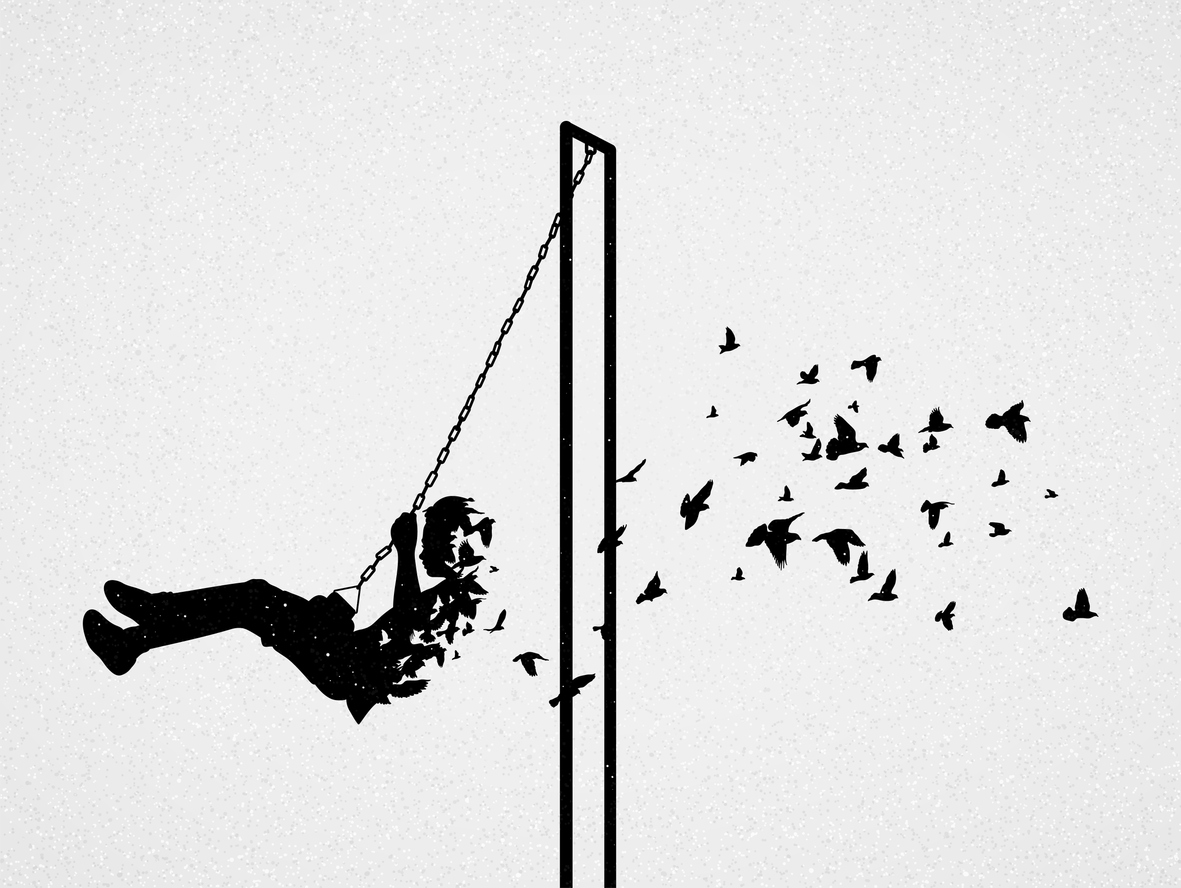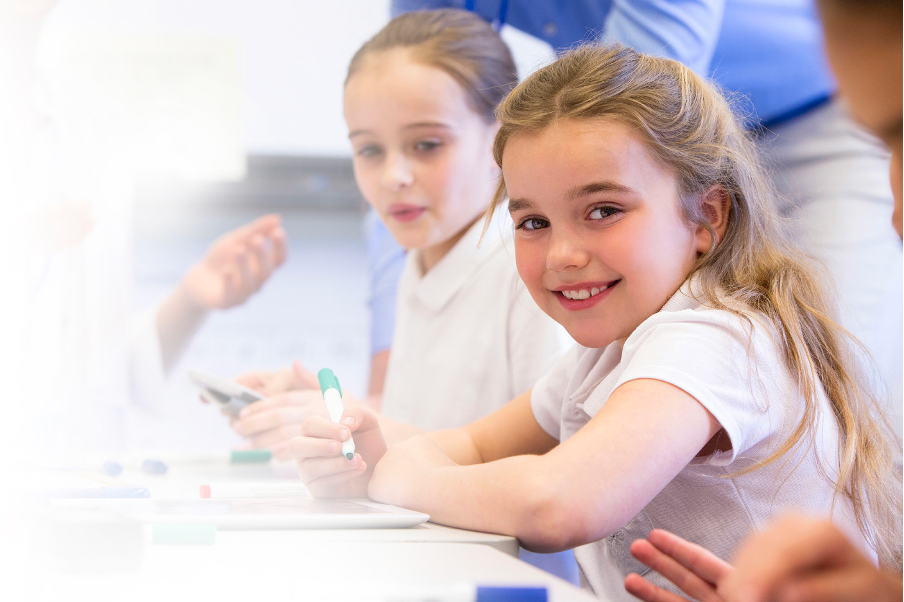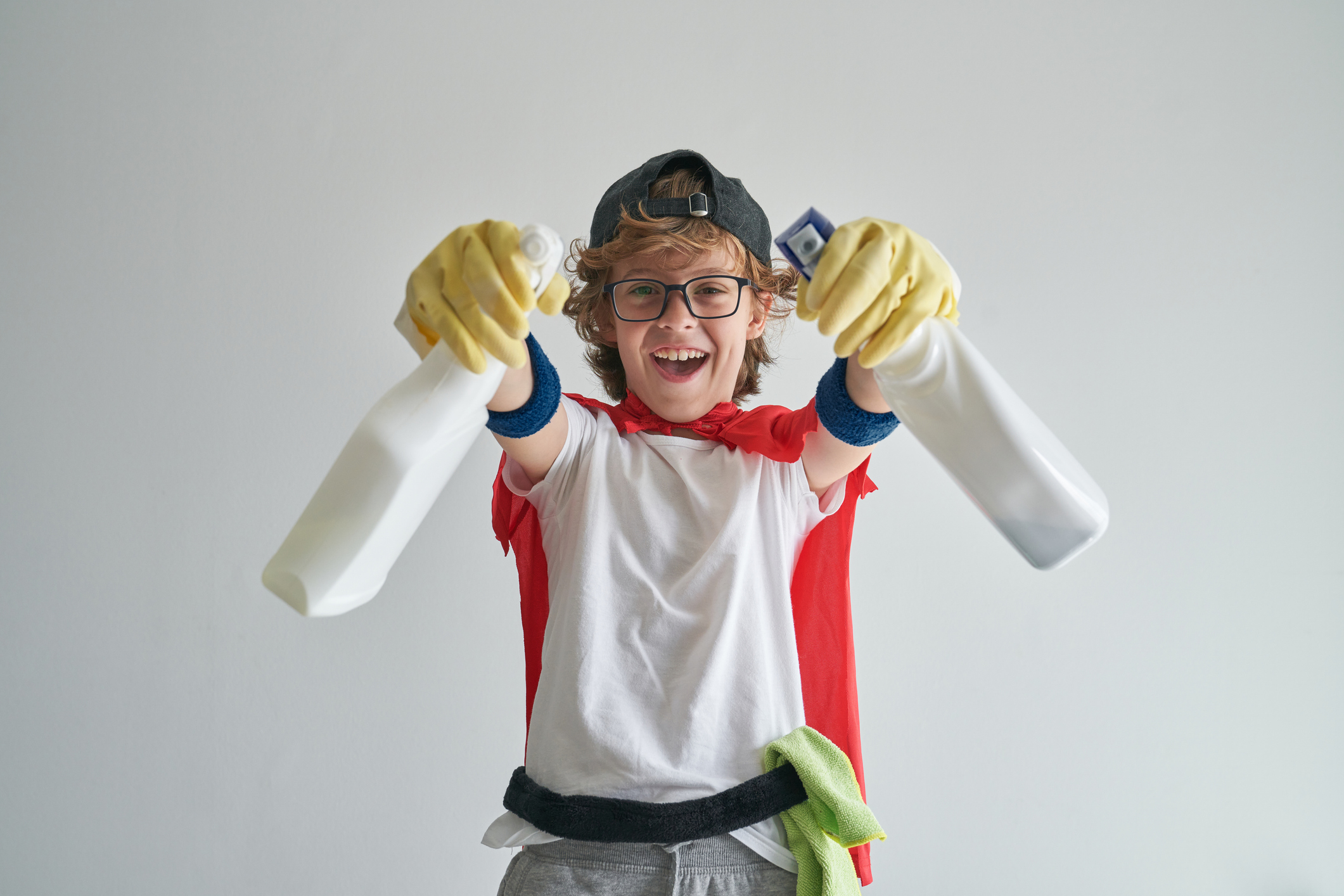
Positive parenting

Kids Behaving Badly?
We moan about British kids ‘behaving badly’, but there’s a bigger issue. The hidden story is that even parents with the best of intentions might be accidentally teaching children to misbehave.
How is this possible? And what can we do about it?
Professor Matt Sanders, founder of the Triple P – Positive Parenting Program offers some advice:
A child’s brain is a wonderful sponge, designed to absorb information, and act according to what they’ve learned. One of the most important areas of learning for children is the family home. Of course we can teach and encourage our kids to behave in ways that’ll make life easier and happier for both children and parents. But we need to be aware that it’s a double-edged sword, and that children can also learn things we’d rather they didn’t.
Apart from the obvious problems of “do as I say, not as I do” – there’s no point telling them not to swear if you’re throwing around enough rude words to make a sailor blush – there are more subtle forces at work.
For example, are younger children learning to yell at people from watching big sister or brother do the same? If you’re stroppy after a hard day at work, in the traffic or during a disagreement with your partner, are you ‘demonstrating’ to your child how to behave when angry? Children who shout and throw temper tantrums when frustrated may have unintentionally been ‘taught’ to do this.
Sometimes we’re not aware that we’re rewarding certain behaviours in our children without meaning to. These ‘accidental’ rewards could include things like:
- Reacting with a laugh the first few times your child throws a toy
- Videoing them when they cry or behave badly
- Regaling others with stories of your child’s latest ‘outrageous’ behaviour, within their hearing
- Ignoring your young child when they’re doing the right thing, but then spending ages trying to reason with them when they misbehave (i.e. rewarding them with attention)
Smiles, laughs, and attention are all powerful social rewards. And, like adults, children are strongly affected by such rewards. They quickly learn that their behaviour has an effect on others, and if they see their actions have a ‘beneficial’ result, they’re likely to keep up that behaviour.
You screen, I screen, we all screen…
You could also be accidentally encouraging misbehaviour with too much ‘screen time,’ for both parents and kids. If children feel they’ve been ignored when they behave, they may think the attention they get when they’re naughty is better than none at all. If we’re always too busy checking our emails or messages, talking on the phone or using the computer, kids may play up just to get us to really look and listen. Too much TV or computer time may also mean that kids miss out on the kind of social interaction that would help them learn pro-social behaviour.
More bad behaviour ‘traps’
It’s very easy for parents and children to become caught together in a cycle of undesirable behaviour. For example, there’s the ‘escalation trap’. Let’s say your child asks for something, such as a biscuit just before tea, and is told ‘no’ but just keeps asking in a louder voice. They repeat the request at an ever-increasing volume and pitch, while you’re desperately trying to explain to them that tea is nearly ready if they would only leave you alone for a few minutes! Eventually you give in, just to have some peace. In this case, your child’s been rewarded for being demanding, and you’ve been “rewarded” for giving in – at least in the short term.
Or maybe your child is refusing to do something you’ve asked them to you, so you become frustrated and up the ante, raising your voice and threatening until you eventually angrily demand that your child do as you ask by the count of three, or else! Your child will probably finally get the message. Unfortunately, that message may well be that you’re only serious when you yell. So don’t be surprised if next time they wait until you yell before reacting. Before long, you get into the habit of making angry demands because you’ve learned that’s the only way to get your child’s attention. Both child and parent end up feeling hostile and resentful, and the cycle is likely to be repeated.
Small changes can make a big difference
Just being aware of how you and your child can affect each other’s behaviour is a good starting point toward reducing learned misbehaviour at home. Ultimately, we don’t have total control over all the behavioural influences our kids will be exposed to, but by equipping ourselves with knowledge, we can better equip them with the kind of upbringing that will help them cope with whatever life throws at them.
The old cliché that kids aren’t supplied with an instruction manual may be technically true. However, things have changed remarkably over the last few decades, now that child development and parenting are areas of intense research. A reputable parenting course gives you the chance to learn evidence-based skills and strategies that can make family life easier and more rewarding, as well as helping provide your child with essential life skills.

Triple P is an evidence-based programme and has been shown to work with families in many situations, from many different cultures around the world. More than 4 million children and parents already know how Triple P’s positive parenting can help a family. To find out more about what Triple P can do for you visit www.triplep-parenting.uk.net.
Triple P’s benefits are amazing. You can help your child:
✔ Be confident and capable
✔ Learn new skills
✔ Become independent
✔ Solve problems
✔ Manage their feelings
✔ Settle their emotions
✔ Respect family rules
✔ Get along well with others
In your Triple P Online course you’ll get
✔ Professor Matt Sanders as your own (virtual) practitioner
✔ 17 strategies to manage behaviour
✔ More than 100 videos
✔ Online activities to set goals
✔ Printable worksheets to keep track of your progress
✔ Opt-in weekly SMS and email reminders of the strategies
✔ A workbook to refresh your memory after you’ve finished
In Triple P Online’s fun, 8 module course you’ll find out how to…
✔ Have realistic expectations
✔ Encourage behaviour you like
✔ Plan ahead to prevent problems
✔ Make shopping fun
✔ Set rules and follow through with consequences
✔ Give instructions kids listen to
✔ Manage misbehaviour
✔ Deal with disobedience
✔ Use time-out in a way that works and isn’t harmful



